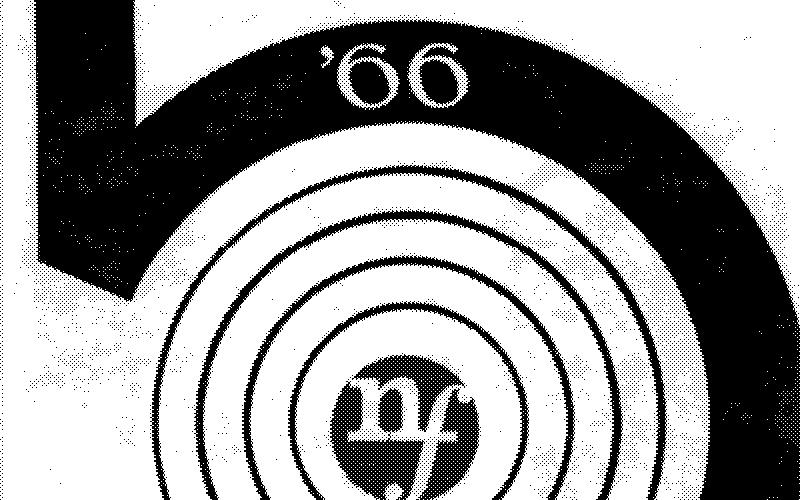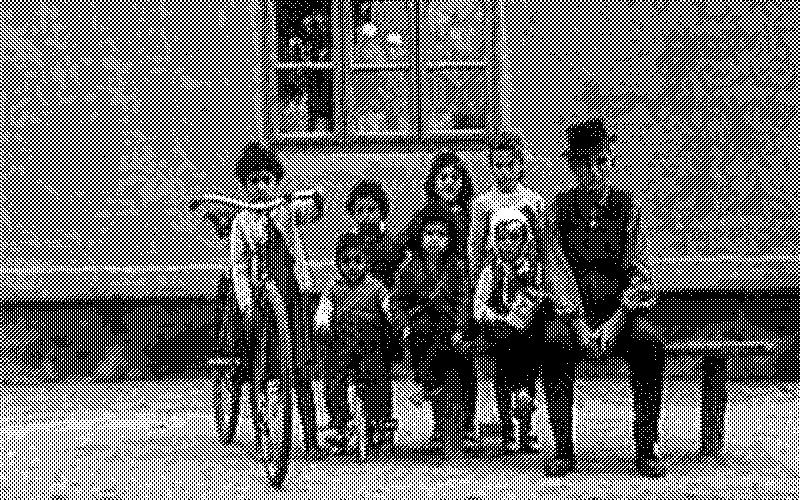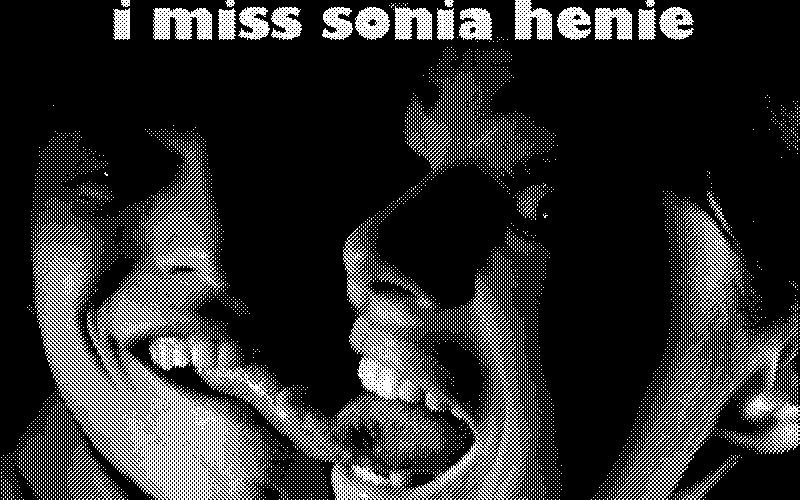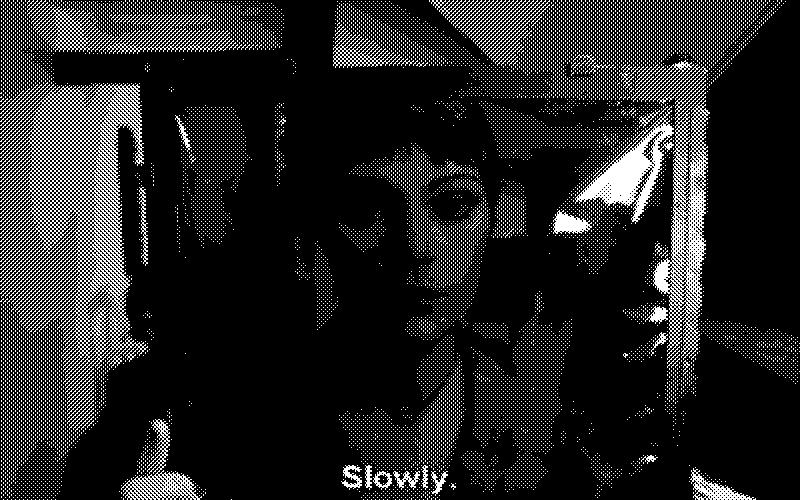NEOPLANTA film: The third screening of films from the period 1966 - 1971.
Center for New Media_kuda.org invites you to the third screening of films from the beginning of NEOPLANTA FILM production
NEOPLANTA FILMS FROM THE FIRST FIVE YEARS - OMITTED HISTORY
Youth Center CK13, Vojvode Bojovića 13, Novi Sad
Third screening of Neolanta films,
Wednesday, June 15, 2011, at 7 p.m.
Healthy People for Fun (1971), Karpo Godina, 14 minutes
I Miss Sonia Henie (1972), Karpo Godina, 16 minutes
The Fountain Of Youth (1969), Borislav Šajtinac, 10 minutes
White People (1970), Naško Križnar, 10 minutes
As a continuity in the research of local cultural history and cultural policies (exhibition "The Continuous Art Class" and debate "Omitted History", which were realized in MSUV in 2005, debate "Omitted History, The Case of the production company NEOPLANTA FILM, Novi Sad" realized in March 2011 year), but also as a contribution to the celebration of the Year of Film initiated by the Ministry of Culture of Serbia, Centar_kuda.org together with TERRA film and the protagonists of that time, initiates a series of talks and screenings of films with the idea to analyze the first five years NEOPLANTA FILM, with an undisguised desire to initiate processes of re-examining the role of these cultural practices in today's contemporary cultural production.
Introductory Speech:
Stevan Vuković, editor of the film program SKC Belgrade
Neoplanta opened up to new dimensions of visual presentation. Borislav Šajtinac introduces animation, based on newspaper illustrations, which in the visual code of Hristofor Žefarović, a seventeenth-century painter, painter, copper engraver, and calligrapher, revives the biblical legend of the source of life, healing for the sick and the crippled. In his approach, which he developed through collaboration with a group of realistic poets, and then conceptual artists, Naško Križnar erases the boundaries between performing script-defined roles and happening that takes place spontaneously live. In collaboration with artists from the OHO group, he is making a film about "white people who live in white houses, eat yogurt and drink milk", and "when it snows, they organize a festival". Karpo Godina subordinates the work to photography, which is a specifically selected frame that fixes the stereotypes of visual representation of ethnic groups, unmasking to the end the ideology of brotherhood and unity as an arranging process of homogenization on ideological grounds and diversification on the visual appearance of different ethnically defined segments of society. folklore features.
Healthy People for Fun (1971), Karpo Godina, 14 minutes
Scenario, director of photography and editing: Karpo Godina
Music: Pedja Vranešević
Healthy People for Fun portrays the ethnic minorities living in the multicultural Yugoslavian province of Vojvodina (today part of Serbia). Nations and ethnic groups in the province of Vojvodina live in harmonious coexistence. However, members of the same ethnic groups paint facades of their houses the same color - Croats red, Hungarians green, and Slovaks blue... The film delighted audiences at the premiere and won an award at the Belgrade Documentary and Short Film Festival, but it was soon banned because of alleged subversive elements.
I Miss Sonia Henie (1972), Karpo Godina, 16 minutes
In 1971, during the Fest, Carpo Godina invited several directors to a small room, gave them a camera, and told them to shoot something from a certain angle. Participated, filmed, and searched for Sonia: Karpo Godina, Tinto Brass, Milos Forman, Buck Henry, Dusan Makavejev, Paul Morrissey, Frederick Wiseman
The series of film screenings during the month of June will present a selection of short, animated, and feature films of NEOPLANTA FILM from 1966 to 1971, in which all types of work within Neoplanta will be represented - from the approach to the topic, which varied from illustrative, through lyrical-visionary, all the way to the problematic, as well as all genres, from animation, through classic documentary film, to fiction and feature film.
The aim of this selection is to show the most exemplary examples from large-scale production, examples that were simultaneously awarded by the decisions of international juries, and withdrawn from distribution by the decisions of local self-government bodies if a foreign partner would not rebel.
Screenings with expert introductions and conversations with authors, contemporary authors, and film experts in the field of film for certain topics covered there, will aim to lead the audience to a critical reception of heritage that is constantly erased by administrative decisions, changes in cultural paradigms, and ways of acting in culture. and the inertia of cultural actors.
A selection of Neoplanta film's short, animated and feature films will be screened in four terms in June 2011 at the CK13 club in Novi Sad.
Wednesday, June 8, 2011, at 7 p.m.
Black Film (1971), Želimir Žilnik, 15 minutes
Early Works (1969), Želimir Žilnik, 87 minutes
Wednesday, June 15, 2011, at 7 p.m.
Healthy People For Fun (1971), Karpo Godina, 10 minutes
I Miss Sonia Henie (1972), Karpo Godina, 16 minutes
The Fountain Of Youth (1969), Borislav Šajtinac, 10 minutes
Wednesday, June 22, 2011, at 7 p.m.
W.R.: Mysteries of the Organism (1971), Dušan Makavejev, 84 minutes
The program was edited by the Center for New Media_kuda.org, in cooperation with UFTRV - Association of Film and Television Workers of Vojvodina, filmmakers, and NDNV - Independent Association of Journalists of Vojvodina




